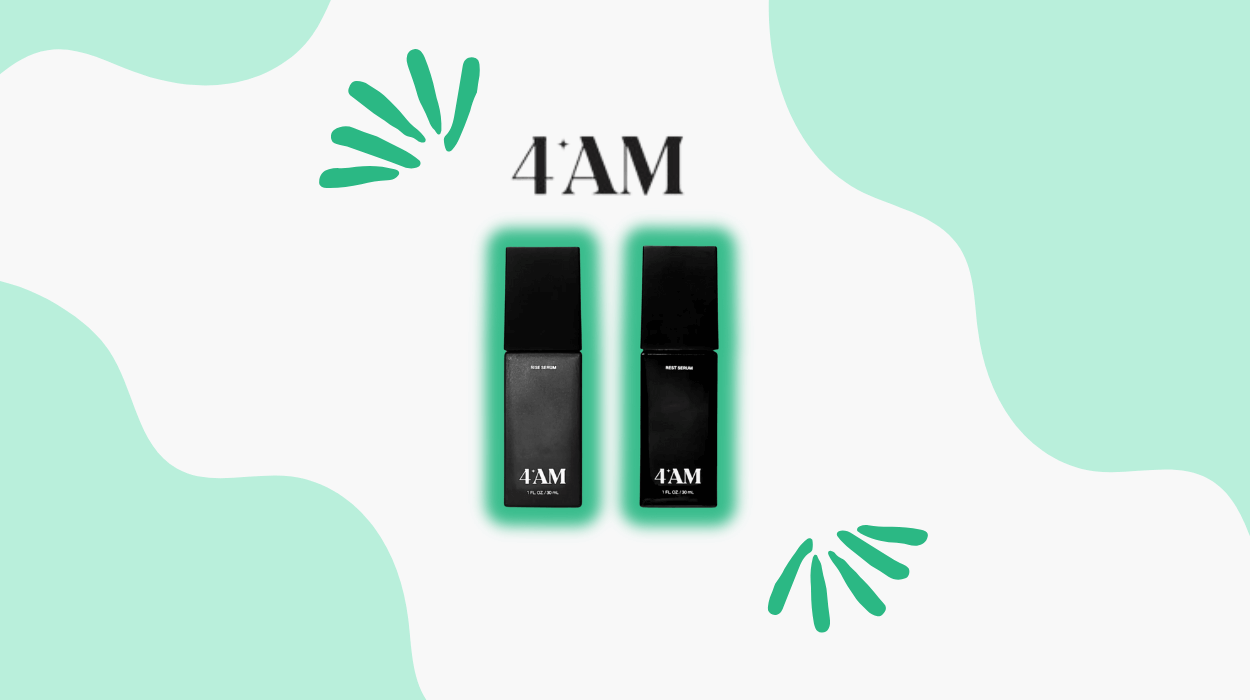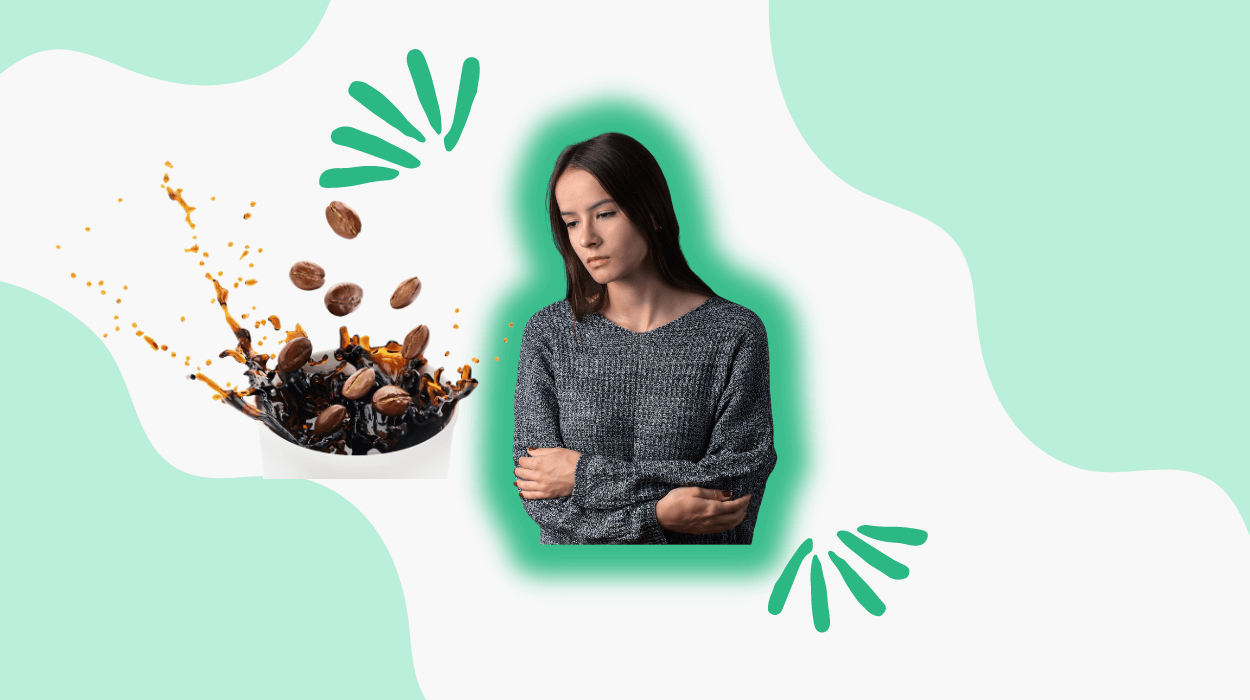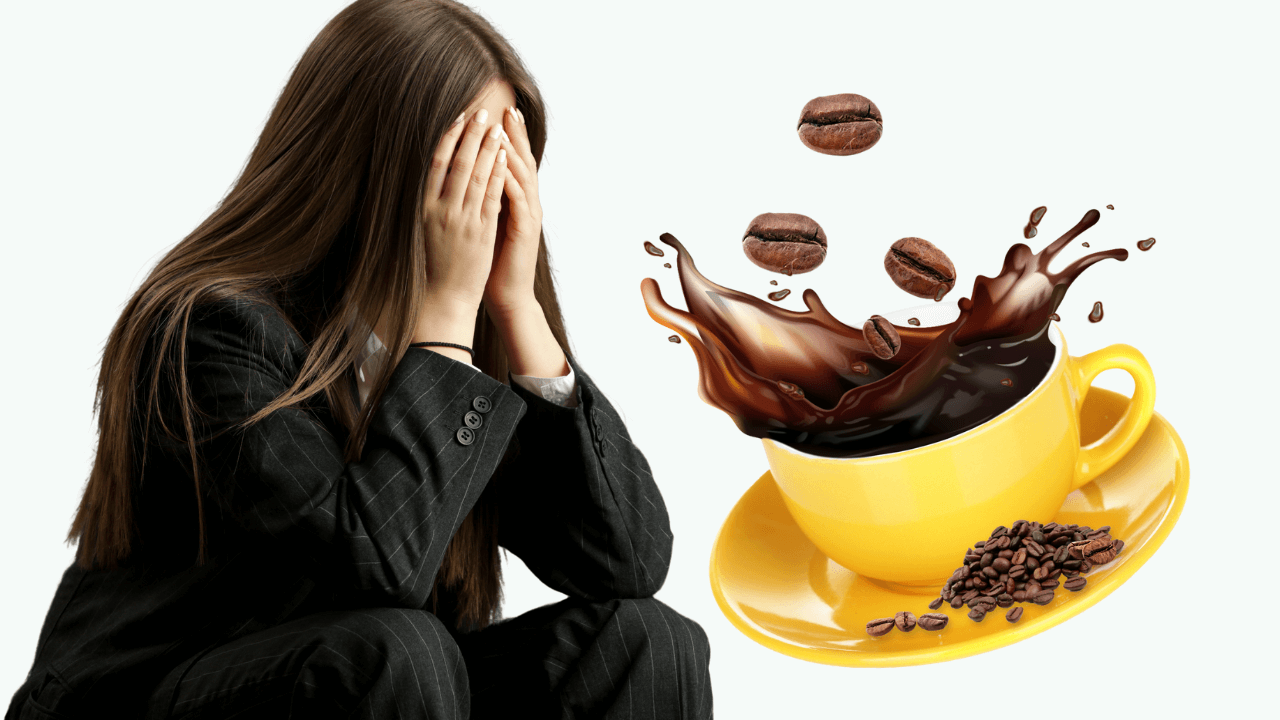

Caffeine is an excessively consumed psychoactive substance that affects people differently based on genetics and metabolism. It stimulates the central nervous system, contributing to a feeling of freshness.
However, does too much caffeine cause excessive restlessness? You might also wonder if there is any connection between caffeine and anxiety.
Learning the complex interplay between caffeine consumption and anxiety is important for mental well-being.
It is important to make informed decisions regarding caffeine intake by understanding how caffeine affects anxiety and how it speeds up bodily functions.
Caffeine primarily affects the central nervous system, leading to increased brain activity. It activates a neuron called noradrenaline, which transmits signals to various parts of the brain.
Caffeine can trigger the release of dopamine, which is responsible for the feeling of happiness. It could also inhibit the production of adenosine, a chemical that induces tiredness.

Anxiety serves as a signal to make us aware and take action against perceived threats or stressors. It is the state of unrest that could make us dread and overthink a situation or an event.
Contributing factors to anxiety may include fear, dread, and uneasiness. Symptoms of anxiety can generally manifest in several ways, including:
These symptoms are the body’s way of preparing to face a perceived threat or stressful situation.
However, when anxiety becomes excessive and persisting, it could significantly impact a person’s quality of life and well-being. Anxiety disorders involve excessive and persistent worry that can interfere with daily activities.
The physiological effects of caffeine on the body can often manifest as symptoms closely resembling those of anxiety, as noted by Harvard Medical School.
Here are the symptoms of anxiety that can attributed to caffeine consumption:
Consuming about 4 cups of coffee, which equals around 400 milligrams of caffeine, is generally considered safe for a healthy adult.
Consumption of caffeine up to 1,200 milligrams can potentially lead to adverse effects on health, including the risk of toxic reactions such as seizures.
However, individual sensitivities to caffeine can vary, affecting how it impacts the body and how quickly it metabolizes caffeine.
The concentration of caffeine varies significantly among different beverages and brewing methods.
As a central nervous system stimulant, caffeine could affect mental health. The DSM–5 now includes caffeine-related disorders like sleep and anxiety disorder, caffeine intoxication, and withdrawal. Caffeine withdrawal is now a claimed diagnosis and requires additional studies.
Chronic caffeine might result in physical dependence and could significantly interfere with daily functioning.
In people without an underlying anxiety disorder, caffeine probably doesn’t directly cause anxiety. However, it can worsen anxiety symptoms, particularly in people predisposed to panic disorders.
Research suggests that in people with panic disorder, caffeine consumption raises the chances of having a panic attack and increases anxiety levels. Therefore, people with anxiety should consider avoiding or limiting coffee and other caffeinated drinks.
For people concerned about the potential impact of coffee on anxiety levels, gradually reducing caffeine intake could be beneficial strategies to consider.
A sudden reduction in caffeine intake might lead to caffeine withdrawal if you are habituated to caffeine. These withdrawal symptoms can include:
Though unpleasant, these withdrawal symptoms are not considered life-threatening, unlike the withdrawal symptoms of opioids like morphine, heroin, oxycodone, hydrocodone, and fentanyl.
A gradual and steady decrease in caffeine intake is advisable to avoid caffeine withdrawal symptoms. Regular exercise and drinking at least 2 liters of water per day can be beneficial in reducing these symptoms.
The moderate consumption of sugar or other artificial sweeteners in coffee has no severe effects. However, consuming large amounts of sugar with coffee, especially for people predisposed to anxiety, may worsen the symptoms of anxiety over time.
Also See:
You should consult a doctor if you find that your caffeine intake has worsened your anxiety and is interfering with your ability to perform daily tasks, focus at work, or engage in social activities.
Other concerning indications that show caffeine is worsening your anxiety may include:
Though caffeine may worsen the symptoms of pre-existing anxiety disorders, such as panic disorder, there is a lack of evidence making caffeine the sole contributory factor to anxiety.
Moderate amounts of caffeine could provide benefits like improved cardiovascular health, energy levels, concentration, and focus in your daily tasks.
However, excessive consumption of caffeine could lead to symptoms similar to anxiety, including restlessness, elevated heart rate, and insomnia.
People with anxiety disorder, especially panic disorder, should consider reducing caffeine intake gradually, as sudden reduction might lead to caffeine withdrawal.
You could also reduce anxiety symptoms related to caffeine consumption by exploring alternatives like decaf and integrating regular exercise into your routine.
Tyler Read earned an undergraduate academic degree from Sonoma State University, California and is a certified personal trainer (CPT) with NASM (National Academy of Sports Medicine). With over 16 years of experience, Tyler has trained clients both online and in-person.
He is passionate about helping others turn their love for fitness into a career. Tyler has worked with many local and commercial gyms before establishing his successful private personal training business, which he continues to operate.
